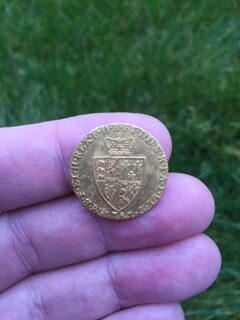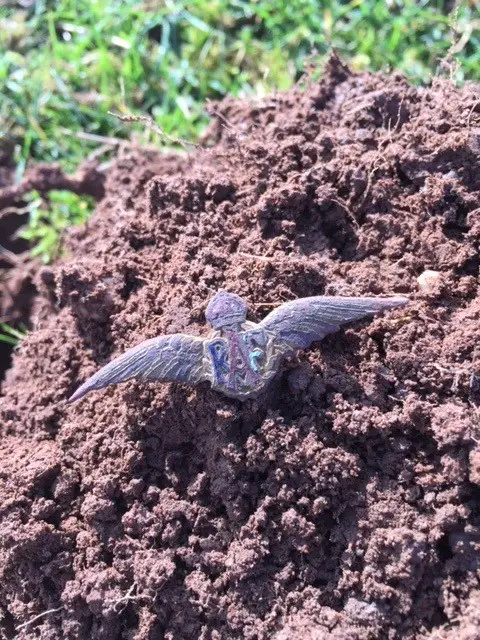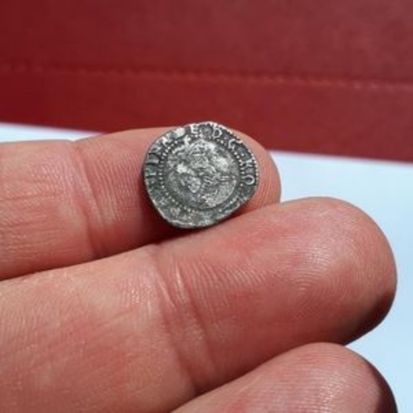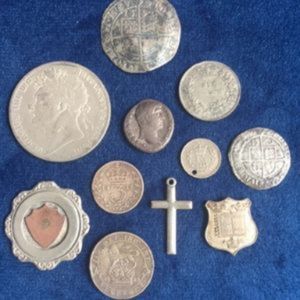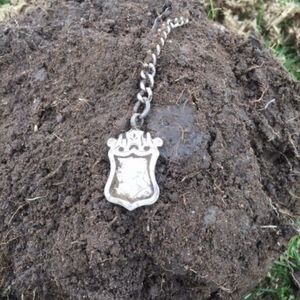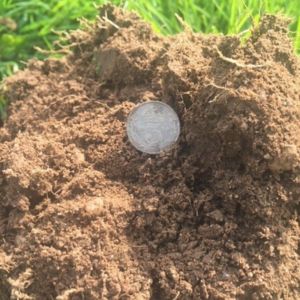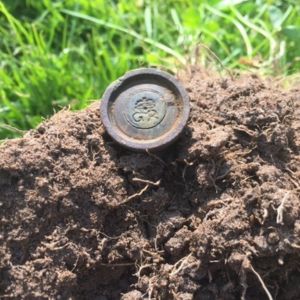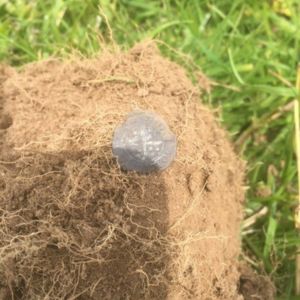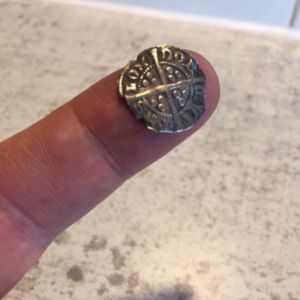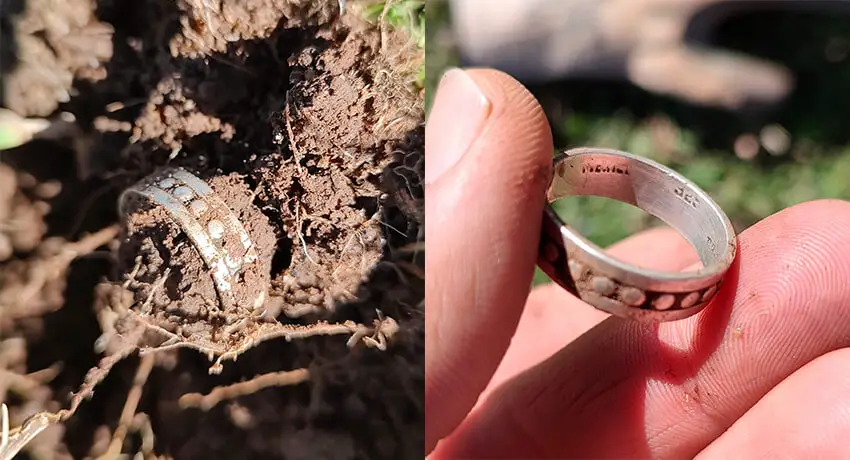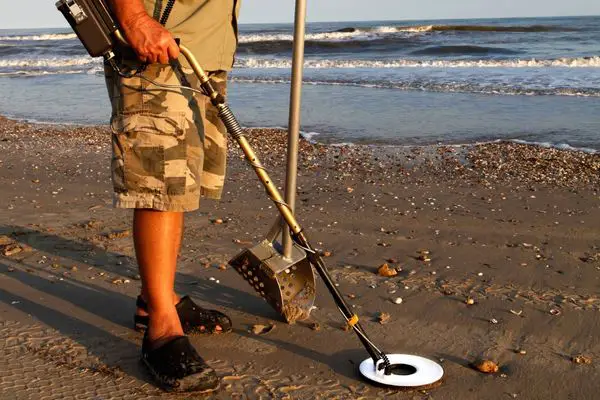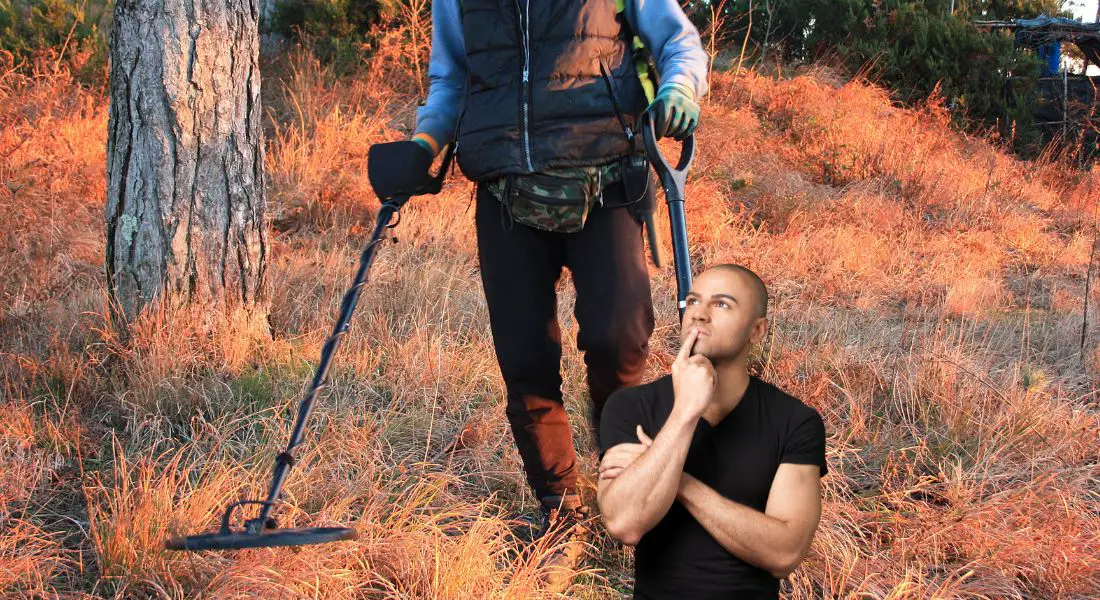What is a Find Liaison Officer and what is their role?
In the United Kingdom, archaeologists and historians rely on a unique system to help preserve and study newly discovered artifacts and treasures from the past.
A key component of this system is the Finds Liaison Officer (FLO) who has a very close relationship between metal detectorists and archeologists. Find out more about where to start metal detecting in my article here.
FLO’s play a critical role in acting as a bridge between members of the public, museums and government agencies.
The Treasure Act of 1996 helps protect and preserve historically significant finds made by the public in England, Wales and Northern Ireland.
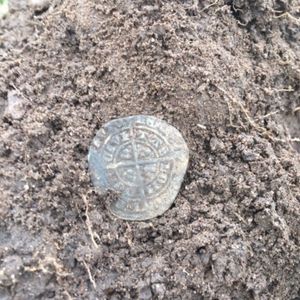
Under this act, finders have a legal obligation to report potential treasure to their local coroner within 14 days of discovery.
The definition of treasure is quite specific and refers mainly to finds of precious metals like gold and silver, associated artifacts, and prehistoric base-metal assemblages.
The FLO assists finders in assessing whether their finds qualify as treasure or not.
They provide advice on the reporting process and ensure the law is upheld.
For further reading, check out my article discussing the debate about the relationship between archaeologists and the metal detecting community here.
Portable Antiquities Scheme Database
Beyond dealing with treasure, FLO’s serve a broader purpose under the Portable Antiquities Scheme (PAS). The PAS is a voluntary program aimed at recording archaeological objects found by the public in order to advance knowledge.
It was established in 1997 and now has a network of FLO’s covering most regions of England and Wales. These officers document discoveries made by metal detectorists, farmers, walkers and anyone who stumbles across artifacts in fields, coastlines and other places.
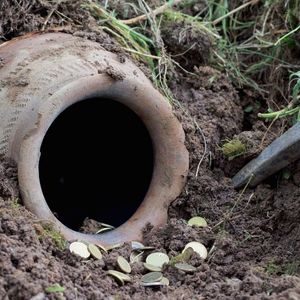
By liaising with the public, the FLO can examine and identify objects brought to them.
They maintain databases, take photographs, write descriptions and enter key details into the PAS records.
Significant finds are reported to the owner of the land where they were discovered, with the aim of having them acquired by a museum.
The majority of items registered under the PAS are not treasure.
So while ensuring treasures get properly conserved, FLOs also help ordinary objects become part of the archaeological record rather than being lost.
Working closely with national and local museums is an important aspect of an FLO’s job. They raise awareness within the museum community about new discoveries.
Metal Detecting Finds
FLO’s may organise outreach talks and lectures about recent finds for the benefit of visitors and amateur historians. For significant artifacts, they assist with processes for determining fair compensation for finders and landowners according to the Treasure Act.
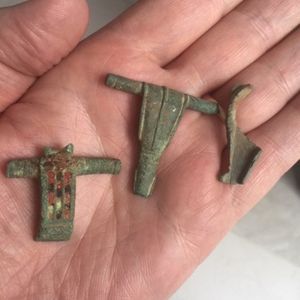
Overall, FLO’s enable museums to actively engage with archaeological discoveries made by the public as a conduit between finders and collections.
By taking on these varied responsibilities from upholding legislation to public engagement, the Finds Liaison Officer is fundamental to the preservation of artifacts and knowledge of the past in the UK.
They make it possible for accidental and chance discoveries to directly contribute to academic study, museum collections and our understanding of history.
The PAS and Treasure Act are imaginative programs that work thanks in large part to the diligent local officers at the heart of the process.

Unbeatable Multi Frequency!
You can now get the ultimate power of multi frequency technology over single frequency detectors with the Minelab Vanquish range of detectors.
The entry level Vanquish 340 now gives you ultimate depth, stability and sensitivity on all target types in every soil, including wet beach sand.



